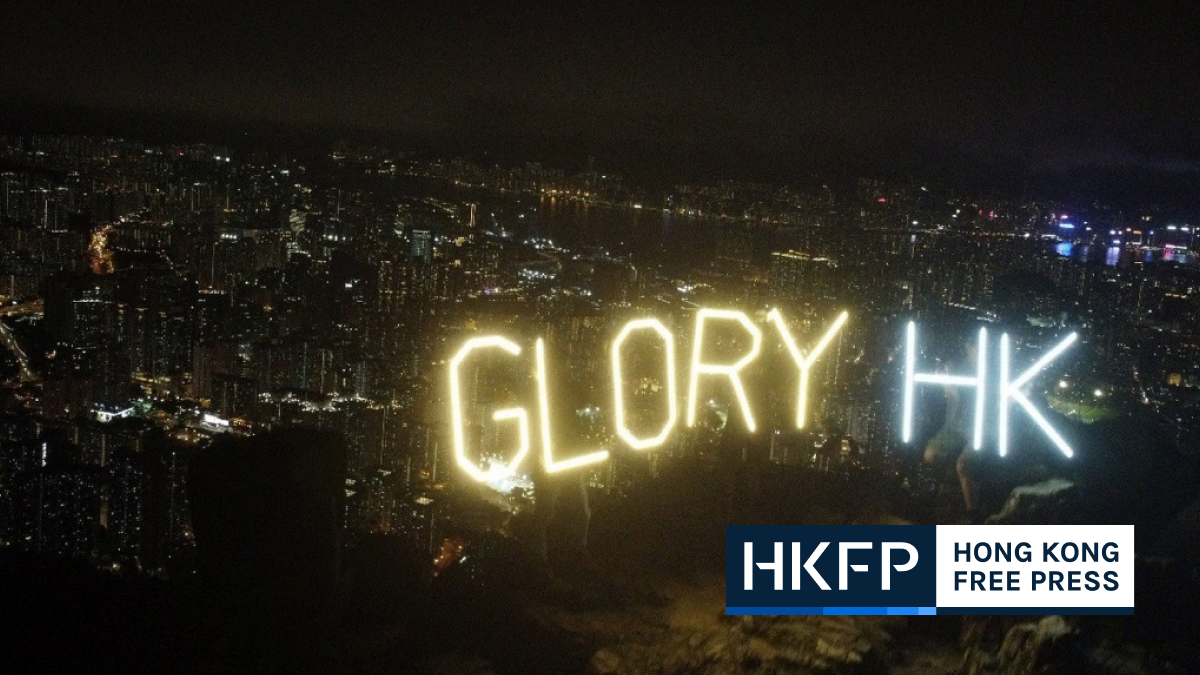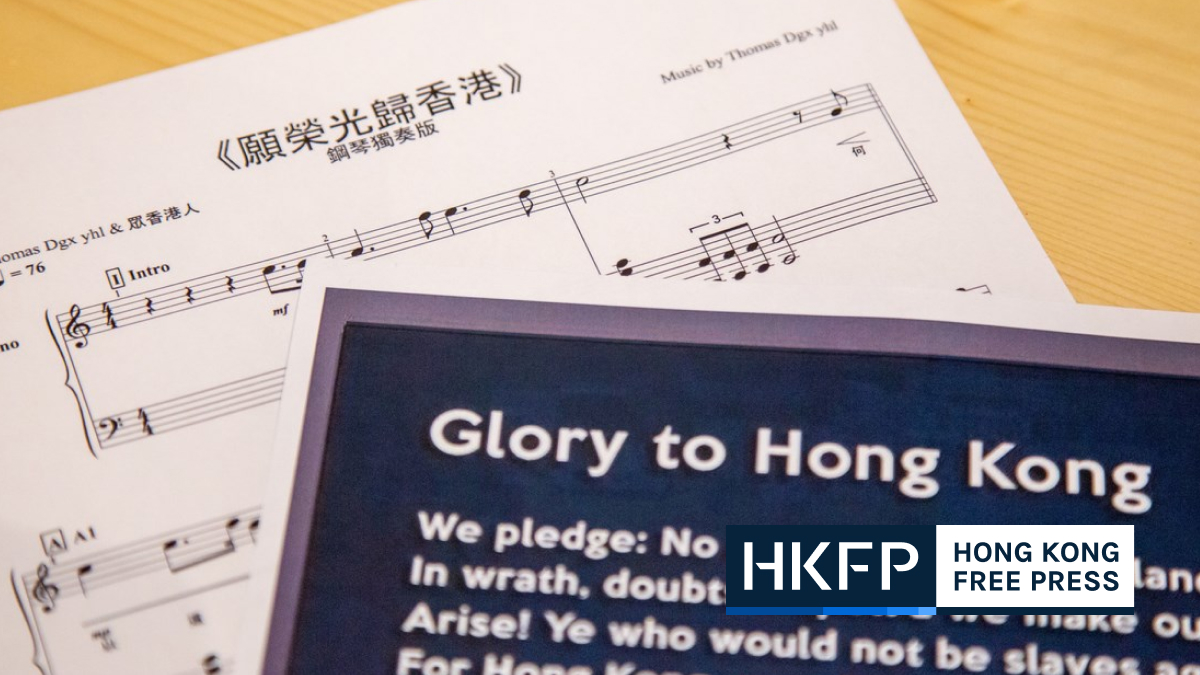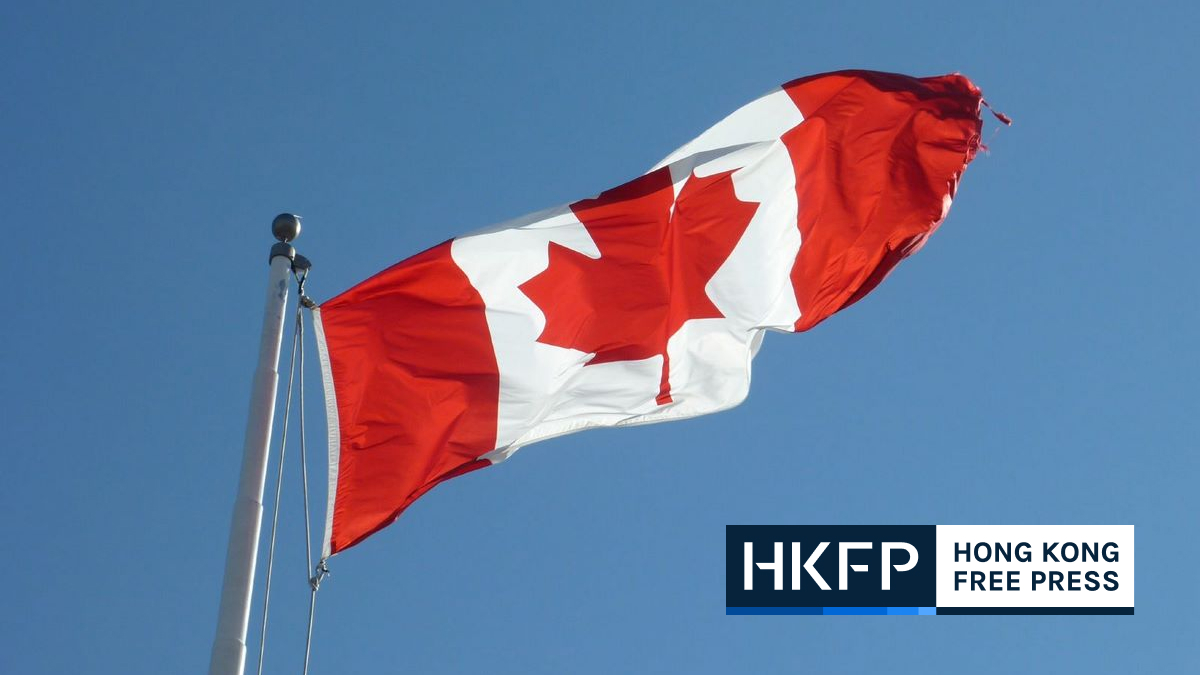Three years on from mass protests and unrest which rocked the city for months, Hong Kong’s government insists it has restored stability and predicts a bright future for its people.
But the after-effects of the pro-democracy unrest, including a Beijing-imposed national security law and sweeping electoral changes, have permanently reshaped the city.

As of May 31, more than 10,000 people had been arrested for protest-related offences and 2,866 of them – 28 per cent – had been prosecuted, according to police.
For the 72 per cent who have not been prosecuted, HKFP emailed the police for clarification on what had happened to them, and why they have not been charged.
My lawyer told me to jot down what happened that day, so that I won’t forget all the details. He was right.
Defendant of a protest case
“In 2019 and 2020, Hong Kong had experienced unprecedented unrest… involving a large number of criminal activities, some serious and complicated cases, and a huge amount of evidence, making the investigation difficult,” the police replied, leaving the question of whether they would prosecute more arrestees unanswered.
Nearly one third of those prosecuted are still undergoing legal proceedings. One of the defendants in a riot case told HKFP he had forgotten most of the details of his alleged offence because of the long wait.
He had also finished his two-year associate degree while waiting for justice. “My lawyer told me to jot down what happened that day, so that I won’t forget all the details. He was right,” he said.
High conviction rate
Of the 2,866 people prosecuted thus far, the cases of 1,908 defendants have been completed. Of these completed cases, 79 per cent of the defendants faced legal consequences. Charges against three per cent were withdrawn and 18 per cent were acquitted following trial.
Their crimes ranged from unlawful assembly, assault causing actual bodily harm to common assault, possession of an offensive weapon, and taking part in a riot – a protest-related crime punishable by up to 10 years in jail.
‘Student rioter’
According to a database compiled by independent court media outlet The Witness, 839 defendants were charged with taking part in a riot.
Of the 10,278 arrestees, 4,010 of them were students, and over a thousand of these were prosecuted. Around 350 of them were charged with taking part in a riot, four out of every ten of all of those so charged.


According to The Witness, the prison terms of the 149 protesters convicted so far of rioting ranged from two years to six years, with an average of 3.6 years.
We may sympathise with some [protesters], but if we do not build up the awareness of law-abiding, everyone will suffer in the end.
John lee, NOW Chief executive, on April 29, 2022
Over half of the alleged rioters were aged under 22 in 2019, and over 10 per cent of them were under 18.
Asked about the chance of pardons for protesters, especially the young, the then-chief executive hopeful John Lee said everyone must abide by the law.
“Hong Kong is a place where the rule of law prevails, and everyone must abide by the law…if one does not abide, Hong Kong will become a society where the weak are prey to the strong, and civilians will be bullied. We may sympathise with [protesters], but if we do not build up the awareness of law-abiding, everyone will suffer in the end,” Lee said.

Lee is now the chief executive of Hong Kong.
Justice delayed
With only 2,866 people prosecuted so far, and some cases suspended due to Covid, courts are struggling to handle the caseload.

The average waiting time for defendants in district courts – from their first appearance to the start of their trial – was 118 days in 2016, rising to 287 days in 2021, according to the judiciary’s annual report.
The justice department’s stated goal is that defendants should have to wait no more than 100 days for a hearing in district court.
Among those awaiting trial are 482 of those charged with rioting. The trial of some of those charged with rioting during the 2019 PolyU seige is not scheduled to start until November 22, 2023 – four years after the incident.
Some of those accused have fled the city and secured asylum in other countries. Others, including a boatload of 12 Hongkongers bound for Taiwan and a teen protester who was shot by the police, have been caught during or before alleged escape attempts.
A city without protest
Apart from overworked courts and scores of young people behind bars, the clampdown following the events of 2019 has spelt an end to the mass protests which for decades characterised the city.

Police and officials who in recent years have banned traditional big protests, including the July 1st pro-democracy march and the Tiananmen crackdown vigil, invoked a Covid-related ban on mass gatherings. A Beijing-imposed national security law which took effect in June 2020 also chilled the climate for dissent.
The total number of public processions decreased from 1,930 in 2012 to 76 last year, according to police figures. Police refused to say which 76 processions were approved or why they were distinct from other political gatherings.
Hongkongers have always had to file applications with police to hold public protests. No public meetings or processions were outlawed in 2018, but in 2019, 47 applications were rejected.
About 42 were banned in 2020 and eight in 2021.
No demonstrations have been banned so far this year – because no one applied to hold one, according to police. Most opposition leaders are now behind bars, have gone into exile abroad or have quit politics.
But some four years after the historic 2019 protests, authorities insist Hong Kong has a promising future with the security law guaranteeing stability.
Support HKFP | Policies & Ethics | Error/typo? | Contact Us | Newsletter | Transparency & Annual Report | Apps
Help safeguard press freedom & keep HKFP free for all readers by supporting our team

latest national security stories
Support HKFP | Policies & Ethics | Error/typo? | Contact Us | Newsletter | Transparency & Annual Report | Apps
Help safeguard press freedom & keep HKFP free for all readers by supporting our team




























